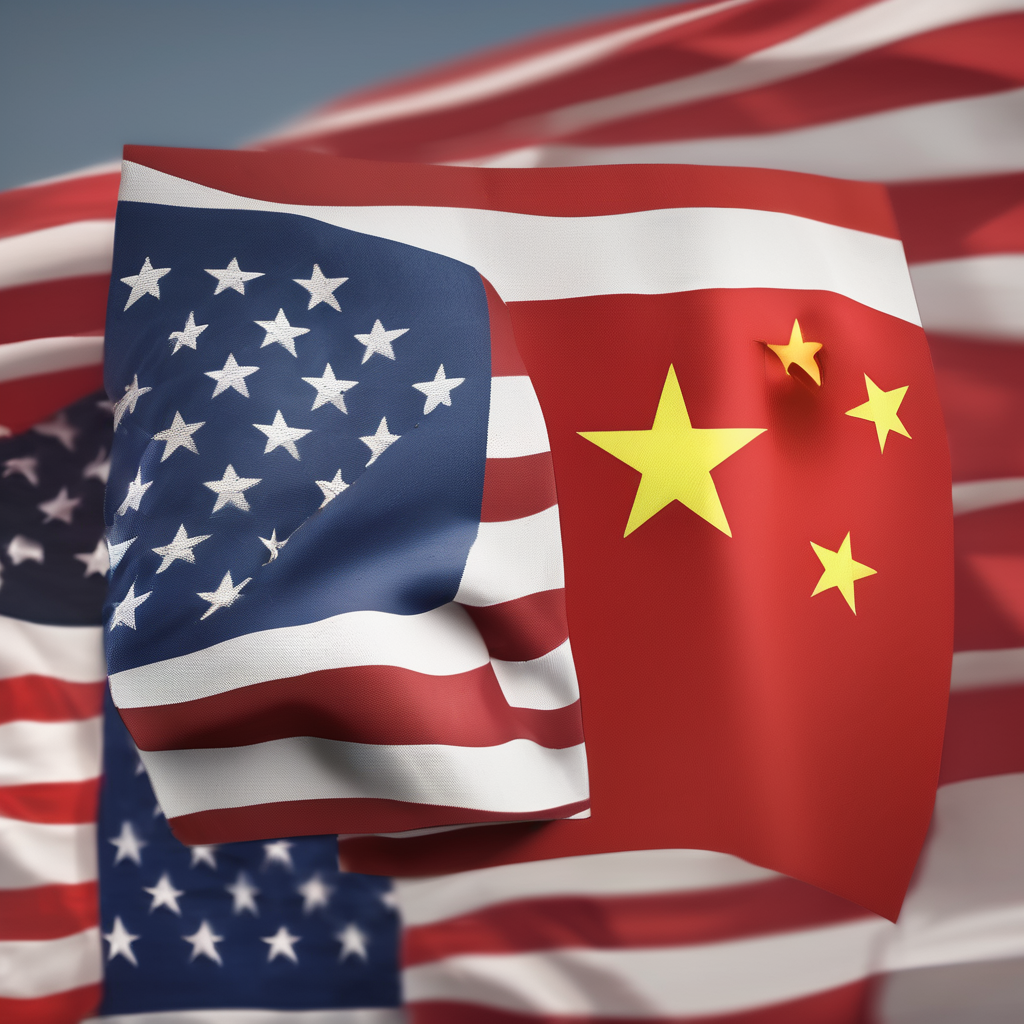U.S. President Donald Trump has indicated that while his proposed 100% tariff on goods imported from China is not sustainable, he places the blame for the current trade stalemate on Beijing. This latest escalation follows China’s decision to impose stricter controls on rare earth exports, a move that has sparked tensions between the two nations.
In an interview with Fox Business Network, Trump acknowledged the unsustainable nature of such high tariffs but stated, “That’s what the number is.” He emphasized, “They forced me to do that,” referring to the pressure he feels from China’s actions. The new tariffs, which were announced alongside additional export controls on critical software, are set to take effect just days before an existing tariff relief period is scheduled to end.
China’s dominance in the rare earth elements market—crucial for various technologies—has raised concerns about supply chain disruptions globally. In light of these developments, Trump has confirmed a meeting with Chinese President Xi Jinping in South Korea in two weeks, expressing a belief that a fair deal could be reached. “I think we’re going to be fine with China, but we have to have a fair deal,” he stated.
The softened rhetoric appears to have had a positive effect on Wall Street, where major stock indexes rebounded after experiencing losses due to uncertainty surrounding Trump’s tariff threats and issues facing regional banks. U.S. Treasury Secretary Scott Bessent expressed hope for de-escalation, advising that he would be conversing with Chinese Vice Premier He Lifeng regarding ongoing trade negotiations. Bessent noted, “I think that things have de-escalated,” and expressed confidence in Trump’s ability to restore a constructive dialogue with Xi.
The backdrop to this situation includes calls from the World Trade Organization for both the U.S. and China to ease trade tensions, warning that a split between the world’s largest economies could result in a 7% reduction in global economic output. Ngozi Okonjo-Iweala, the WTO Director-General, conveyed the urgency for dialogue to mitigate these escalating disputes while U.S. officials have criticized China’s market practices.
While trade relations remain fraught with complications, there is cautious optimism that ongoing negotiations will lead to enhanced understanding and stability, potentially benefiting both nations and the global economy as a whole. This optimism underlines a shared recognition that while current challenges are significant, constructive dialogue could pave the way for more equitable and robust international trade relations moving forward.
